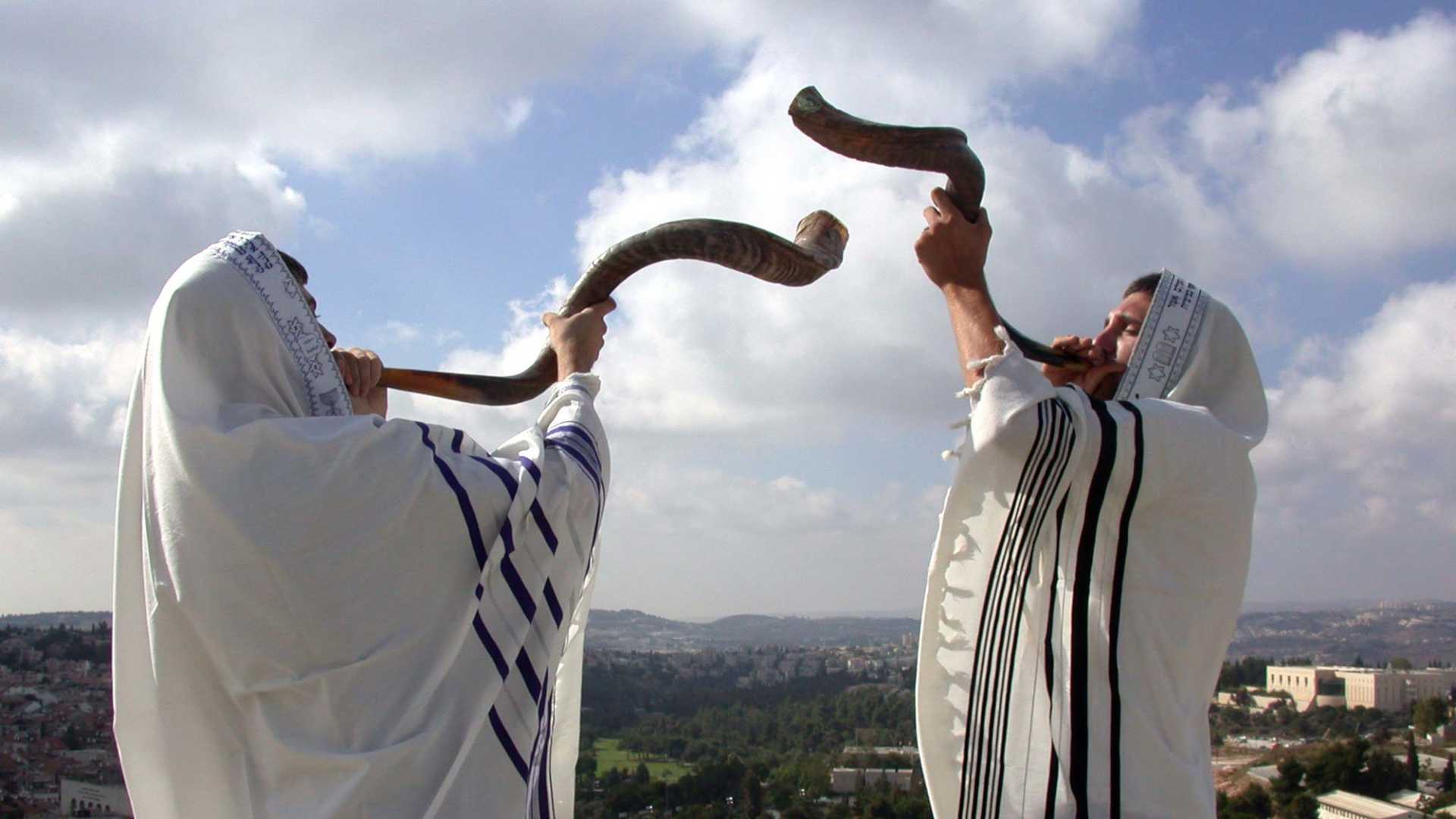News
Significance of Rosh Hashanah to Jewish Faith and Traditions

Rosh Hashanah, the Jewish New Year, begins on the evening of October 2, 2024, marking the onset of the year 5784 in the Hebrew calendar. It is a period characterized by introspection and spiritual renewal, and serves as a critical time for self-assessment and repentance in Judaism. Rabbi Adin Steinsaltz, a prominent Talmudic scholar, once likened the calendar year to a human body, with Rosh Hashanah representing the head — symbolic of vision and planning for the coming year.
The holiday initiates ten days of reflection, culminating in Yom Kippur, the Day of Atonement. These days are considered a time for individuals to scrutinize their actions towards universal self-improvement. As per Jewish tradition, the Hebrew word “Shanah” signifies both “repeat” and “change,” implying a dual call to examine past behaviors and embrace personal transformation.
Rosh Hashanah commemorates the sixth day of Creation according to biblical narrative, marking the birth of Adam, the first human. The creation of Adam is a central theme, resonating with the concepts of humility and human potential, as highlighted in Jewish teachings.
The observance of Rosh Hashanah incorporates the blowing of the shofar, a ram’s horn, which symbolizes a call to spiritual alertness and renewal. The roots of this practice are embedded in the biblical texts of Leviticus and Numbers, dictating “a day of blowing the shofar.” It serves as a reminder for Jews to confront and overcome spiritual challenges.
The occasion is also marked by certain traditions such as consuming pomegranates, which signify prosperity and righteousness, and honey, to symbolize hopes for a sweet year ahead. These foods hold cultural and religious significance, representing themes of health, fertility, and community.












